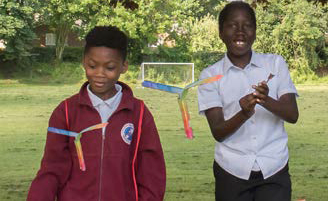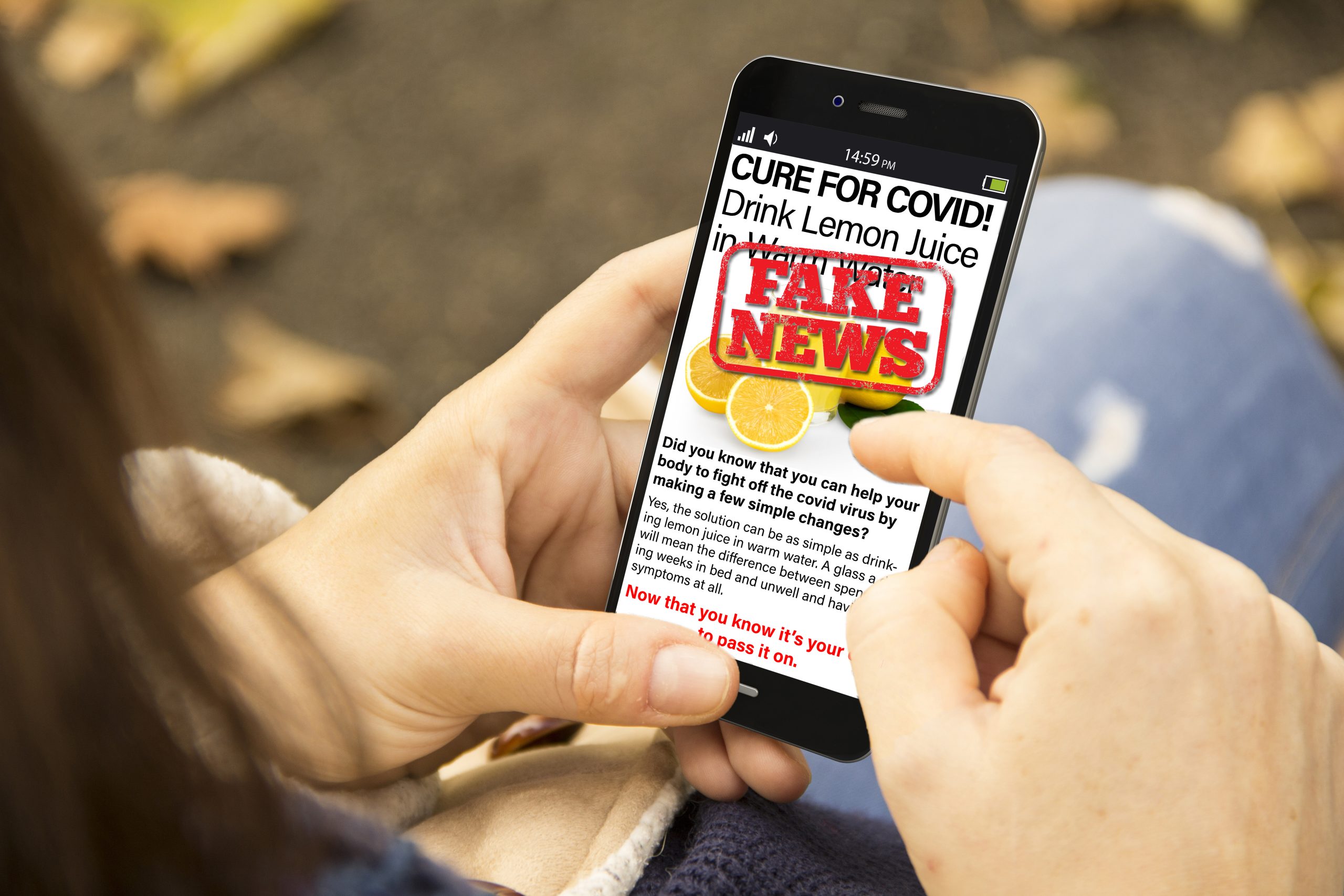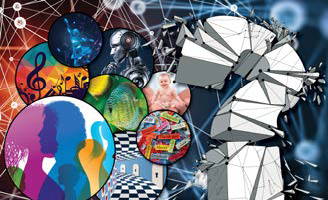Health and Wellbeing Education

Misinformation is a growing societal concern that came into sharp focus
during the Covid-19 pandemic. As part of our lessons learned from the
pandemic, it is vital that the next generation of healthcare professionals
can recognize and respond to misinformation as part of their
professional practice.
Becoming epistemically insightful is a crucial component of learning to respond to misinformation in personal and professional settings, particularly for healthcare professionals. Students coming to healthcare-related courses need the capacity to think critically about the different ways knowledge is created, applied and communicated in science and across other disciplinary perspectives.
Having epistemic insight includes having the agency to ask questions about the accuracy and significance of knowledge claims that are made in the context of human health.
There is a case study for students to investigate in the materials we provide for workshops. It is the marketing campaign for a drink that was advertised as ‘good for you’ on the basis that there is iron among the ingredients. Students discuss and evaluate this claim. They then find out what other ingredients are contained in the drink and highlight those that are important to notice in the context of living well. This workshop activity is used to introduce some of the tools, language and habits of thinking associated with the Epistemic Insight framework. These tools are transferable to other scenarios and case studies that students explore.
During a typical day a health care professional is likely to interact with colleagues who are each specialists in their fields which means that they are required to engage with many different types of knowledge and bring them together to discuss the case study of a patient. Health care professionals also play a critical role in society as communicators and educators in their communities. To do so effectively requires that they can evaluate knowledge claims through a wider range of disciplinary perspectives, such as recognising the role that particular foods and drinks play in culture.
What’s Next?
This proposed project will create collaborations between students in Initial Teacher Education, Nursing, Biomedicine and Pharmacology.
Once set up, this multi-disciplinary, cross-institutional undergraduate research community will develop an educational model that will prepare healthcare professionals to effectively respond to health-related misinformation in their professional practice. This will include co-creating approaches to identfy and respond to misinformation in a range of health topics. Participants will publish their findings using the Open Science platform Zenodo. The strategy is led by research leaders in the School of Biomedical Sciences at University of West London and other institutions.
One of our recent resources: Equipping students to identify misinformation: science, health and epistemic insight (Loughlin) (Open access) | www.ase.org.uk







